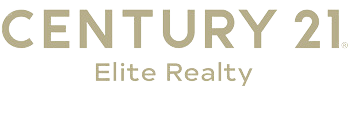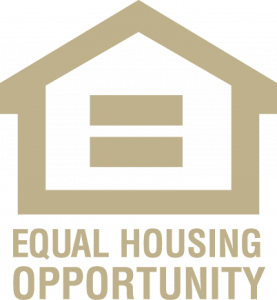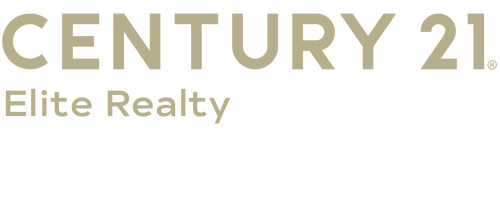Aestu onus nova qui pace! Inposuit triones ipsa duas regna praeter zephyro inminet ubi.
Real Estate Terminology
Need help? Be sure to visit our support forums for answers to your questions!
The interest rate is tied to a financial index making the monthly mortgage payment go up or down over time.
The percent of interest that will be charged on a home loan.
A report highlighting the estimated value of the property completed by a qualified 3rd party. This is typically done for the benefit of the buyer to ensure the property is worth what they are paying.
In addition to a mortgage, certain housing communities such as townhomes have a monthly fee associated with maintaining the common areas and amenities.
A long-term mortgage loan that starts small but has a large payment due at maturity.
This is the final meeting where the buyer and seller sign the necessary paperwork, complete the transaction, and release/take possession of the property. Usually, the representing agents and attorneys attend.
The buyer and seller have expenses associated with the transaction other than that of the actual cost of the home. For example, the buyer has a variety of fees due for obtaining a new loan and the seller must pay commission to both agents.
A form that provides the final details about the mortgage loan. It includes loan terms, projected monthly payments, and how much the extra fees will be.
Something of value (in this case your home) that is held to ensure repayment of a mortgage or loan.
A percent of the sale price of the home that is paid to agents. The seller pays commission to both the buyer and listing agent.
Homes in the area of interest that have recently sold that have similar features.
Conditions which must be met in order to close. Contingencies are typically tied to a date, referred to as a deadline. If the contingency is not satisfied the contract may be canceled.
The response from the seller in regard to an offer.
A lender will look at a borrower's debt versus income to determine the amount of loan they are eligible for and if they can repay their debt plus the home loan.
A percent of the cost of the property that is paid upfront as a part of the mortgage.
The deposit made from the buyer to the seller when submitting an offer. This deposit is typically held in trust by a third party. Upon closing the money will generally be applied to the down payment or closing cost.
This term has multiple meanings; earnest money is typically held by a third party until closing in “escrow”. It can also be referred to as the time period from when the contract is written and accepted by the seller to when the home sale actually closes.
A mortgage that is financed through a private lender and insured by the Federal Housing Administration, often requires a lower down payment and income to qualify.
The interest rate will remain the same for the entire life of the mortgage.
A loan or line of credit that is determined based on the equity or home's value after subtracting the loans owed.
The process in which a professional inspects the seller’s home for issues that are not openly apparent then creates a report for the buyer to review.
An annual service that covers the cost of repairs or replacements to items covered in the plan; items like stoves, washers/dryers, etc.
Insurance written in connection with a mortgage loan that protects the lender in the event the borrower cannot repay their loan. This is usually not required if the borrower has 20% or more for the down payment.
The national list of real estate properties that are available for sale. These are the most reliable sources to receive up-to-date listing information.
The process in which a buyer must provide a mortgage professional with the appropriate information on income, debts, and assets that will be used to make the initial credit-only loan decision.
Once approved for a loan, this is the process in which the maximum sale price, loan amount, and monthly payments are calculated for the borrower. This is not a loan approval however, it is useful to know prior to searching for a home.
These are the taxes that are enforced by the city, town, county, and state government entities. These taxes are included in the total monthly mortgage payment and are held in escrow by the lender.
Real estate-owned properties or foreclosed properties currently owned by a financial institution such as the bank that made the loan to the previous owner
This is specifically for seniors and it allows them to convert the equity in their home to cash.
A situation when the seller’s lender is willing to accept an offer and allows the sale to be completed for an amount less than the mortgage amount owed by the seller.
A legal document proving current and proper ownership of the property. Also referred to as a Title Deed, this document highlights the history of property ownership and transfers.
The process in which the potential home buyer is evaluated for their financial ability to obtain and repay a loan. This normally consists of a credit check and appraisal of the property.
Ready to get started? Contact us today for a free quote!

255 Mamaroneck Ave
White Plains, NY 10605
Phone: (914) 345-3550
Fax: (914) 345-354

39 E Central Ave
Pearl River, NY 10965
Phone: (845) 735-0200



ABOUT CENTURY 21® • COMPANY PROFILE • ABOUT US • NEWSROOM • PHILANTHROPY • BLOG
© 2024 MoxiWorks
© CENTURY 21 2023 - 2024. All rights reserved. CENTURY 21®, C21® and the CENTURY 21 Logo are registered service marks owned by Century 21 Real Estate LLC. Franchisee Legal Entity Name (not the dba) fully supports the principles of the Fair Housing Act and the Equal Opportunity Act. Each franchise is independently owned and operated. Any services or products provided by independently owned and operated franchisees are not provided by, affiliated with, or related to Century 21 Real Estate LLC nor any of its affiliated companies.

